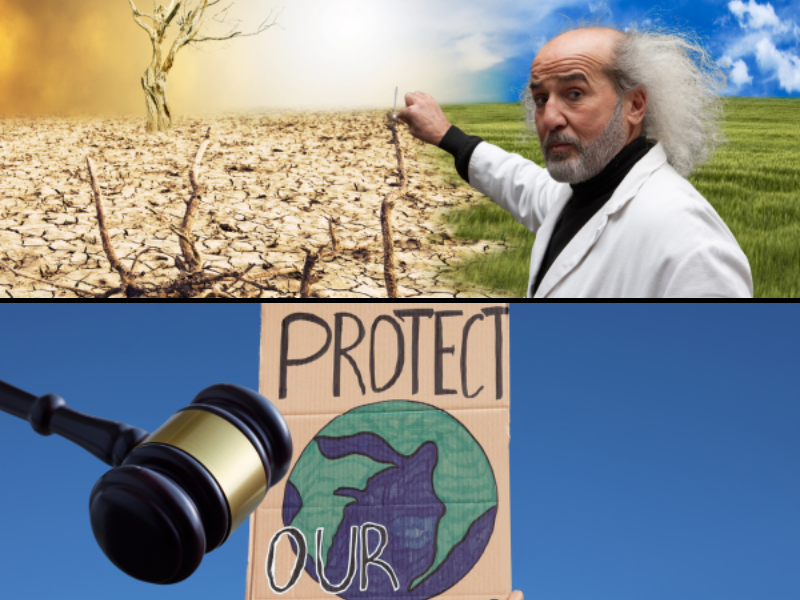A provision of Ohio’s recently enacted biennial budget bill bars lawsuits filed on behalf of the purported interests or rights of nature.
“Nature or any ecosystem does not have standing to participate in or bring an action in any court of common pleas,” the budget bill states. “No person, on behalf of or representing nature or an ecosystem, shall bring an action in any court of common pleas.”
Halting Lake Erie Lawsuits
Legislators added the provision to the budget bill signed by Gov. Mike DeWine on July 18, in response to a measure adopted by Toledo voters on February 26 which granted human-like “rights” to Lake Erie, including the “right to exist, flourish, and naturally evolve.” The initiative granted Lake Erie legal standing, allowing people to sue on behalf of its purported interests.
Toledoans for Safe Water (TSW) developed the “Lake Erie Bill of Rights” ballot initiative.
“We assert that our natural ecosystems have an inalienable right to not only exist but to flourish,” TSW’s website says. “Industrial farming practices … are encouraged and prioritized above the health and rights of the people and the environment.
“This needs to change,” the website says. “The Lake Erie Bill of Rights does not simply give Lake Erie rights, it recognizes the rights we have long violated and ignored.”
State legislators acted to block all lawsuits brought on behalf of ecosystems, saying the granting of legal standing to nature would bring on lawsuits costing the state and people millions of dollars in legal fees and economic losses.
Protection Through Property Rights
Those who pushed the Lake Erie Bill of Rights were misguided, says E. Calvin Beisner, founder of the Cornwall Alliance for the Stewardship of Creation.
“The assertion of ‘nature rights,’ or ‘ecosystem rights,’ arises from the radical wing of the environmental movement,” said Beisner. “It is gratuitous for someone to say, ‘I speak for this forest,’ or ‘I speak for this lake,’ since no one knows what a forest or lake would say if it could say anything.
“When someone presumes to speak on behalf of nature, he is just asserting his preference over those of others,” Beisner said.
Strong property rights are the best way to protect plant and animal life, Beisner says.
“Historical experience shows we best prevent abuses of nature not by assigning rights to nature but by assigning property rights to human beings over nature,” said Beisner. “People who own property have an incentive to protect it, to maximize its value over time, rather than allow it to be destroyed or consumed as quickly as possible lest someone else consume it first—as happens when property rights are absent, in what is known as ‘the tragedy of the commons.'”
Vivian E. Jones ([email protected]) writes from Murfreesboro, Tennessee.



